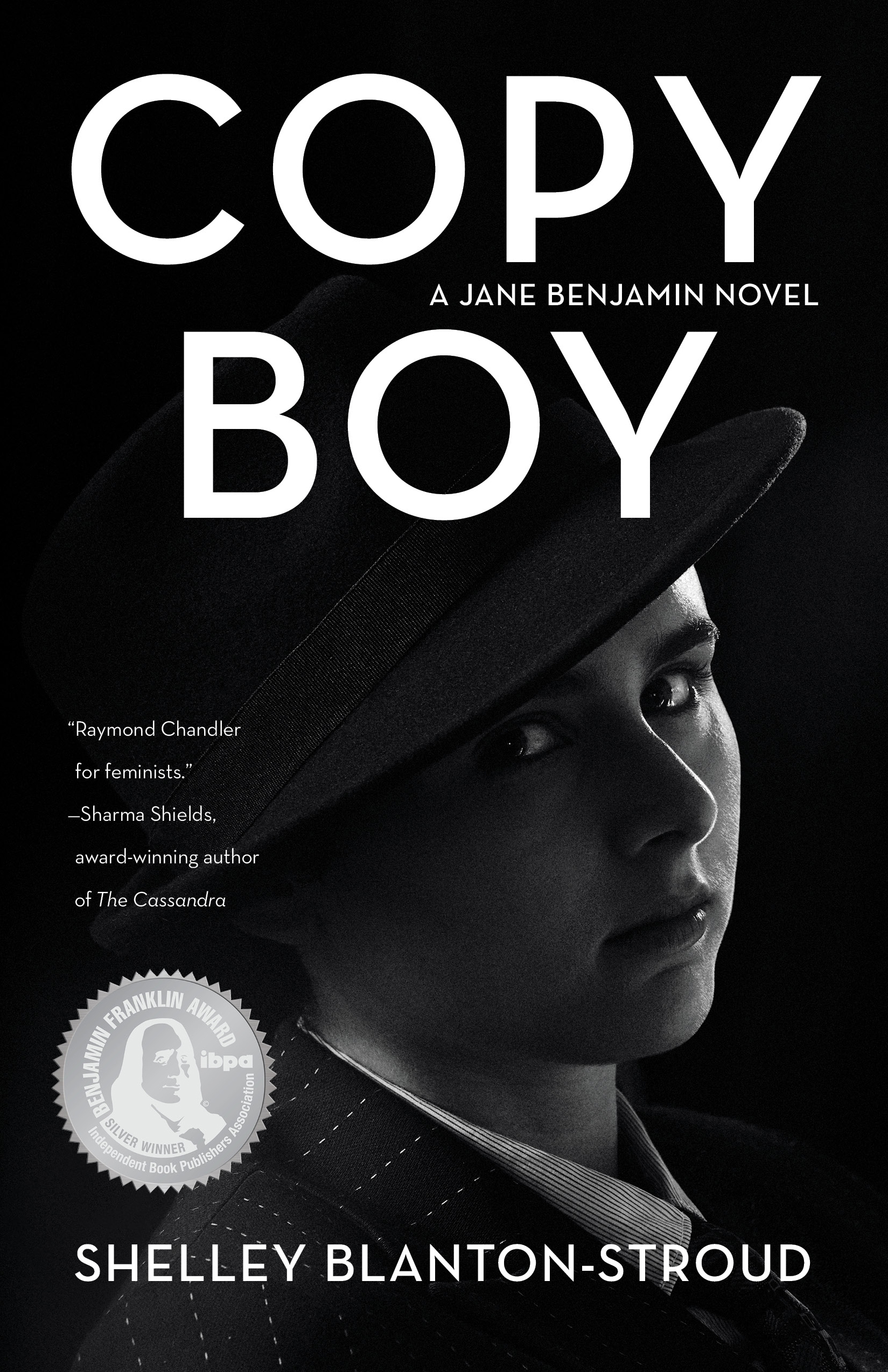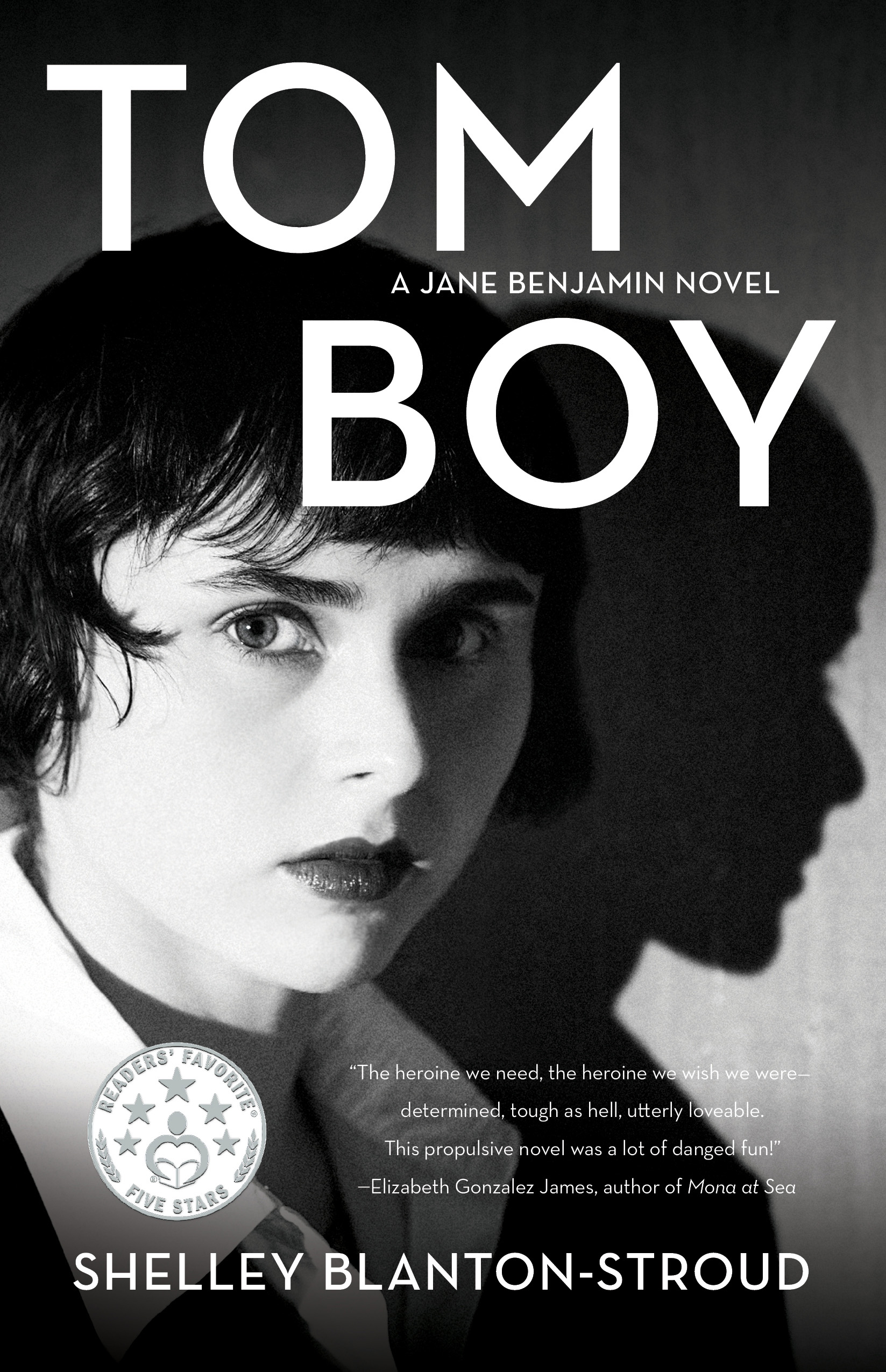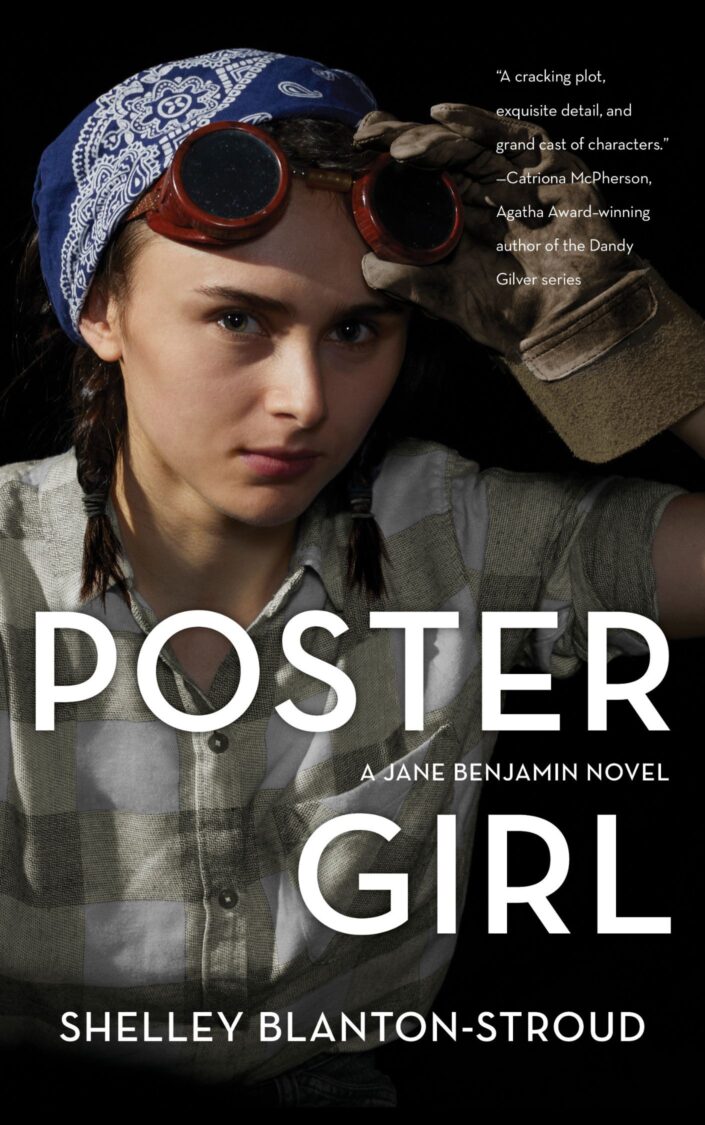FOR BOOK CLUBS
FOR BOOK CLUBS
I’ve loved reading since I was a little girl and my dad was superintendent at a one-school district in the country. He’d let me stay all day, every Saturday, in the school library, reading whatever I wanted. I began with the A’s–you know, Louisa May Alcott.
As an adult, I facilitated Sacramento library book groups for ten years, including two for teenagers, the Banned Books Club, and the Underground Book Club, and one for adults, in which we read one hundred titles together. I learned a lot about what made a book fun to talk about through this experience.
At the end of ten years of library book groups, I stepped down from facilitating in order to write. Ten years after that, Copy Boy was published.
So the writing is all tied up with book clubs for me.
I would LOVE to join your book club, in person, or by Zoom. It’s been one of the most gratifying parts of being an author.
Please reach out to put me and Copy Boy, Tomboy or Poster Girl on your calendar with your group.
Copy Boy Discussion Questions
(also available at the end of the book)
- Scientists suggest that our experiences and those of our ancestors live on in our DNA, affecting our and our children’s health and behavior. Is that true for Jane? Can she escape biology or family history? Can any of us?
- What influence does Daddy have on Jane? What do they have in common?
- What do you think about Momma after learning about her childbirth at fifteen years old? Does this explain the way she treats Jane? Should Jane continue to tie herself to such a parent? Why or why not?
- How do you explain the voice in Jane’s head? How does this voice affect what she does, who she becomes?
- What should Jane’s obligation to her sister be? What kind of mother would Jane make?
- Does Jane really have to pretend to be a boy to succeed? Could she have earned the same opportunities as a girl? Why or why not? Does any part of her situation seem familiar today?
- What do you expect a masculine character to do and be? What do you expect a feminine character to do and be? How do the characters in the novel match or challenge those expectations?
- Jane becomes a skillful liar. These lies lead to her lifelong career success. How does lying help her, and how might it hurt?
- Grete crosses boundaries to make the best, most moving, most powerful photographs, arguing that facts are less necessary than truth. What do you think about fact versus truth?
- Some characters in the book focus on basic survival and hunger. Others work for worldly success. How do they get what they want? What are they willing to discard to win? Is it worthwhile? What have you had to give up to achieve what you want?
- Vee may be the only character who risks herself solely on behalf of others. How do you explain what makes a person altruistic?
- The Okies living along the side of the road are despised and blamed for local problems. How might ongoing generations of such families feel about field-working migrants and unhomed people today, and why?
- Jane will write for many decades, becoming an iconic San Francisco gossip columnist. How is she suited to this? What do you imagine for the stories she writes under a different name?
- This novel was inspired by historical incidents, photographers, migrant laborers, and newspapers in 1930s California. How are the lessons of this period relevant today?
Tomboy Discussion Questions
- Why does Jane try to keep Elsie with her and away from their mother? Does she believe she’s best equipped to mother Elsie, or does this effort represent some other motivation?
- How do Jane’s siblings affect her thinking and behavior? How does that relate to the way most of us are influenced by our siblings or other family members?
- How does her gender fluidity affect the way Jane does her job? Why is there a difference between the way men and women did their work in 1939? How does that compare to contemporary times?
- Jane and tennis player Tommie connect over their shared tomboy status, as well as their competitive instincts. What do you make of the way they each use or hide traditionally “male” traits to get ahead?
- Jane has a history of lying. Often her lies help her to survive. What do you think about the writing she aims to do, given this tendency? What is the difference between fact and truth? Is it more important to tell the truth than to do good? How does this relate to accusations of “fake news” today?
- Jane thinks part of her success relates to her willingness to cross boundaries she isn’t supposed to cross. What is the relationship between such risk taking and achievement?
- The RMS Queen Mary’s cabin-class passengers are privileged in ways Jane is completely unfamiliar with. What do you think about her evolving attitude toward class?
- On many occasions, Jane behaves selfishly. How do you re- act to this? Is it a survival mechanism? A character flaw? A function of her age?
- When Jane and Frank spend the night together, Jane reacts to their budding romance in a surprising way. Will Jane be someone who will struggle in love?
- Jane has relationships with many characters who might be considered friends: Rivka, Tommie, Sandy. What do you think about those relationships? What does Jane give and get through them? What does she need to learn about friendship?
- What is the role of costume for the characters in this novel? Do clothes make the (wo)man?
- The active story ends in September 1939, as England pre- pares to declare war on Germany. How is Jane’s personal story related to those larger historical pressures?
Poster Girl Discussion Questions
- Mysteries and thrillers are full of “dead girls,” often implying that females are especially vulnerable. Why are women the victims in this particular novel? What makes them threaten- ing to the killer?
- At twenty-two, Jane Benjamin seems cynical about patrio- tism. Why does she feel this way? Is her cynicism a strength in the circumstance, or a weakness?
- Most scenes of the novel take place at the Richmond Ship- yard, a makeshift city fully created by Lowe Industries. How does this compare to the role of current, large, real-life com- panies like Amazon and Apple and Facebook, and their effect on the cities where they are built and the people who work there?
- The women welders in 1942 confront passive resentment and aggressive harassment on the job by some of their male coworkers. Why are some men resentful of the women welders? What are they afraid of? How does this compare to resentment and harassment some women confront in the workplace today?
- OWI, the Office of War Information, was the propaganda arm of the US war effort, creating not only the iconic posters we still see regularly (We Can Do It!) but also radio shows, movies, and magazine articles meant to promote morale and participation in the war economy. Where do you see government and industry propaganda at work today? What is its effect?
- Over the course of three novels, Jane Benjamin has been aiming for success as a gossip columnist. What does she honestly think about this work? What does she think about the role of truth and lies in the pages of the newspaper? What do you think a journalist must do when telling the truth may endanger people?
- Hedda Hopper, in particular, is famous for having been a ruthless gossip columnist, especially in her strong support of the House Un-American Activities Committee hearings, for which she named suspected communists and supported the Hollywood blacklist. How does she compare to the media mavens you see today on Twitter and other social media? Are today’s Heddas more or less ruthless?
- Sandy Zimmer does a lot of unpaid, unrecognized work at the Prospect. What do you think about her 1940s career path, from secretary to girlfriend to wife to more?
- Jane is always ambitious and often selfish. What do you think about her trajectory? Can she become a significant columnist by being anything less than that? What do you wish she would do? Would it be possible for her to achieve what she wants if she were less ambitious? Is this different for young women today?
- What did you think about Inez Burns and herpractice as the socialite abortionist of San Francisco? How did the circum- stance of her patients compare to that of women seeking abortions today?
- By the novel’s end, it is less than clear what the “right” ap- proach to war might be. What do you think of the conflict between interventionists versus America Firsters in the novel in 1942, as compared to political conflict in the United States today about the war in Ukraine?
- What do you think about Jane’s possibility of finding love in her life, given her aspirations and her inclinations in 1942? Is it reasonable for a girl like Jane to be hopeful about having the full realm of experience—work and family? Why or why not?
Hard to See: Fact and Truth in the Work of John Steinbeck and Dorothea Lange
(A video essay for the National Steinbeck Center)


